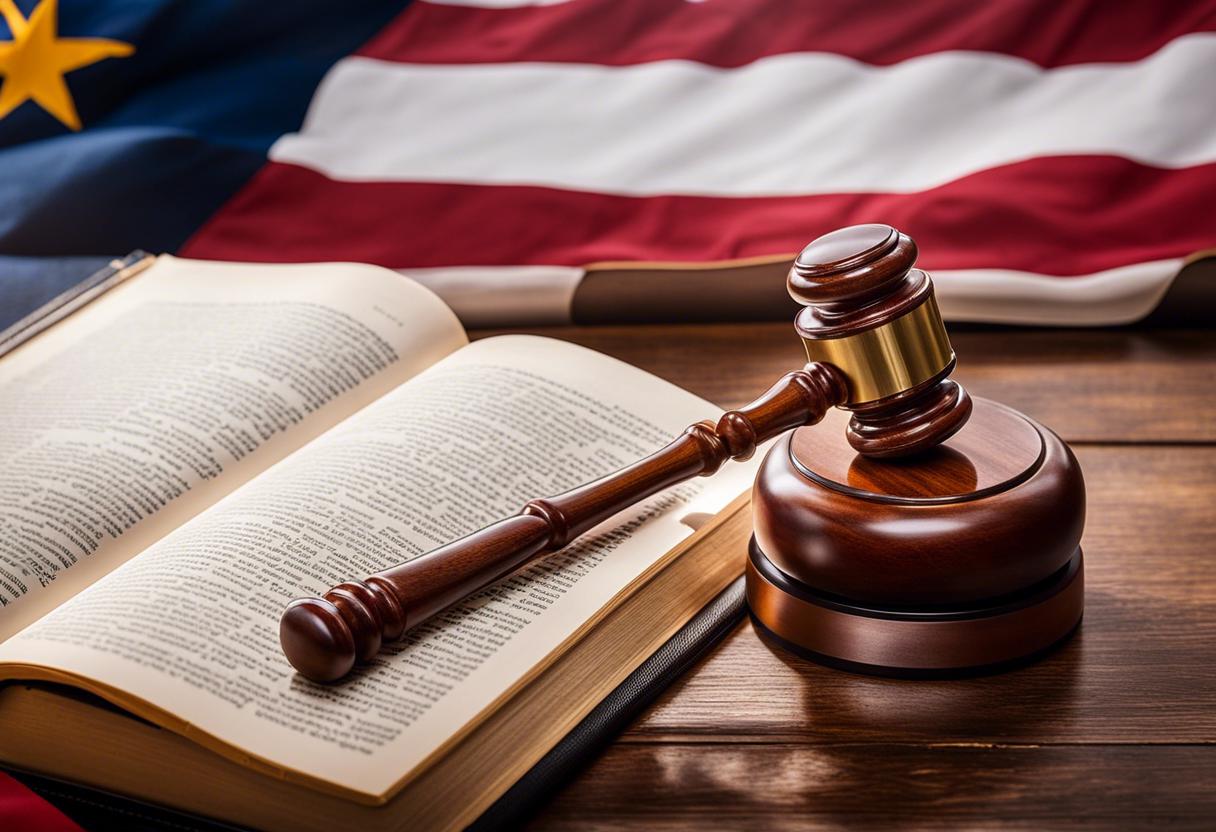In a monumental legal decision, the Supreme Court of Florida declared on Monday that the state constitution’s privacy provisions do not cover abortion. This verdict potentially paves the way for a restriction on abortion after six weeks of pregnancy, marking a significant divergence from long-established legal precedent.
However, in a concurrent ruling, the court consented to allow Florida’s electorate the opportunity later this year to vote on wider abortion access. The same court by a slim majority of 4 to 3, allowed the possibility of a constitutional amendment which would safeguard the right to an abortion “prior to viability”, typically around the twenty-four week mark, to be positioned for consideration in the November ballot.
These pronouncements exemplify the multifaceted and ongoing debate around abortion rights in the US, almost five decades since the federal rights to abortion were recognized by the US Supreme Court in the landmark Roe v Wade case in 1973.
The predominantly conservative court, in a 6 to 1 ruling, declared a previously enacted 15-week abortion ban to be constitutional. This verdict, drafted in response to legal action initiated by Planned Parenthood, the American Civil Liberties Union and multiple abortion service providers, will enable a 6-week ban introduced last year to come into effect from 1st of May.
The verdict affirmed that “there is no explicit right to abortion identified in the Privacy Clause” and consequently, Planned Parenthood failed to counteract the assumption that the ban at 15 weeks is legitimate,” Justice Jamie R. Grosshans stated in the main judgement.
By paving the way for the prohibition of abortions at six weeks, the Supreme Court contributed to the rapid reshaping of Florida, formerly a haven for women in the American South seeking abortions, into a region with constraining policies similar to neighbouring areas.
Yet, the endorsement of the ballot measure by the Court does allow advocates of abortion rights to continue their nationwide campaign to protect access to this procedure. Instead of being decided by politicians often disconnected from the everyday life of locals, the voters will have the opportunity to directly determine their stance. Similar measures in support of abortion rights have already been successful in multiple states, including Ohio and Michigan.
Lauren Brenzel, leading the Yes on 4 campaign, hailed the events as a “historic day in the fight for access to abortion in Florida”. Groups advocating for abortion rights are pressing for similar measures to be included on the ballot papers in about 10 other states, and among them, Florida is the biggest.
Throughout history, numerous women from southern U.S. states with strident abortion laws have often journeyed to Florida to undergo the procedure. As a consequence of tighter restrictions, these individuals will now have to travel even further afield, potentially to locations such as Virginia or Washington D.C. There is often little awareness amongst women that they might be pregnant at a mere six weeks, hence the proponents of women’s reproductive rights hold a belief that the stricter legislation will essentially equate to a quasi-total ban, once it is operational.
The judgement that allowed the new legislation to become active was given leeway by the presiding justices based on the argument that previous cases related to abortions had been erroneously decided due to an excessively generous interpretation of privacy stipulations according to the state constitution. This argument mirrors that of the US Supreme Court when it made the decision to reverse Roe v Wade.
The majority of the justices contended that when the privacy stipulation was incorporated into the state constitution back in 1980, voters did not consider its applicability to abortion. This was signified amongst other things, by public and legislative discussions of the period.
The rulings delivered on Monday didn’t come as a shock; the seven-strong court has progressively tilted towards right-wing politics with Governor Ron DeSantis, a member of the Republican party, having appointed four of its members. Whilst the court had to reach a verdict on the subject of abortion by Monday, no such deadline was in place for delivering a ruling on the abortion prohibition.
By choosing to release both judgements concurrently, the court granted anti-abortion campaigners the desired decision of curtailing privacy rights. However, the simultaneous approval of a ballot measure to widen access to abortions gave those opposed to it barely any time to rejoice.
Immediately following the court’s verdict, critics and advocates of the ballot measure exchanged accusations of extremism, setting the stage for the campaign messages likely to follow.
Pro-15 and 6-week abortion ban Republican legislators argued that the ballot measure would facilitate late-term abortions. However, abortions post-21 weeks are a rarity and are typically only considered following grave medical diagnoses.
This article was first published in The New York Times.
© 2024 The New York Times Company.

